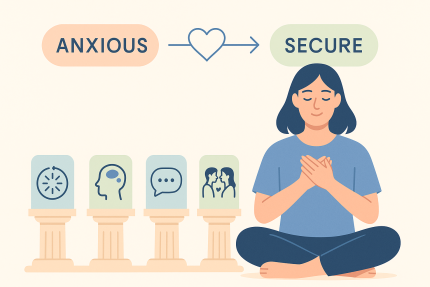Healthcare Jobs: A Comprehensive Guide to Pursuing a Career in the Medical Field
- 19 May 2022

The healthcare industry is a critical sector that plays a crucial role in ensuring the overall health and wellbeing of the population. With the growing demand for healthcare services, there is a need for qualified healthcare professionals to fill various job roles in the sector. If you're looking for a rewarding career path that allows you to make a difference in people's lives, then pursuing a healthcare job may be the right choice for you.
In this article, we'll take a closer look at the different healthcare job roles available, the educational requirements, and the salaries you can expect in each role. Whether you're a recent high school graduate or someone who's considering a career change, this guide will provide you with valuable insights into the healthcare industry.
Healthcare Administration
Healthcare administration is a crucial role in the healthcare industry that involves overseeing the daily operations of healthcare facilities. The job responsibilities of healthcare administrators include managing staff, budgeting, and ensuring that the facility complies with regulations and standards. To pursue a career in healthcare administration, you'll need to have a bachelor's or master's degree in healthcare administration, public health, or a related field. The average salary for healthcare administrators is around $98,000 per year.
Nursing
Nursing is one of the most critical roles in the healthcare industry, and nurses are responsible for providing patient care and support. There are several types of nurses, including registered nurses, licensed practical nurses, and nurse practitioners. To become a nurse, you'll need to complete a nursing degree program, which can take between two and four years. The average salary for registered nurses is around $73,000 per year.
Pharmacy
Pharmacists are responsible for dispensing medications and providing advice on their usage to patients. To become a pharmacist, you'll need to complete a Doctor of Pharmacy degree program, which takes four years to complete. The average salary for pharmacists is around $120,000 per year.
Physicians
Physicians are medical doctors who diagnose and treat illnesses and injuries. There are various types of physicians, including primary care physicians, specialists, and surgeons. To become a physician, you'll need to complete a bachelor's degree, followed by a medical degree program, which takes four years to complete. After that, you'll need to complete a residency program, which can take between three and seven years. The average salary for physicians is around $208,000 per year.
Physical Therapy
Physical therapists help patients regain mobility and reduce pain following an injury or surgery. To become a physical therapist, you'll need to complete a Doctor of Physical Therapy degree program, which takes three years to complete. The average salary for physical therapists is around $88,000 per year.
Occupational Therapy
Occupational therapists help patients regain their ability to perform daily living activities following an injury or surgery. To become an occupational therapist, you'll need to complete a Master of Occupational Therapy degree program, which takes two years to complete. The average salary for occupational therapists is around $85,000 per year.
In conclusion, pursuing a healthcare job is an excellent choice for those who are passionate about helping others and making a difference in people's lives. With a wide range of job roles available and a variety of educational requirements, there's a healthcare job that's perfect for everyone. We hope that this comprehensive guide has provided you with valuable insights into the healthcare industry and has helped you choose the right career path for you.




